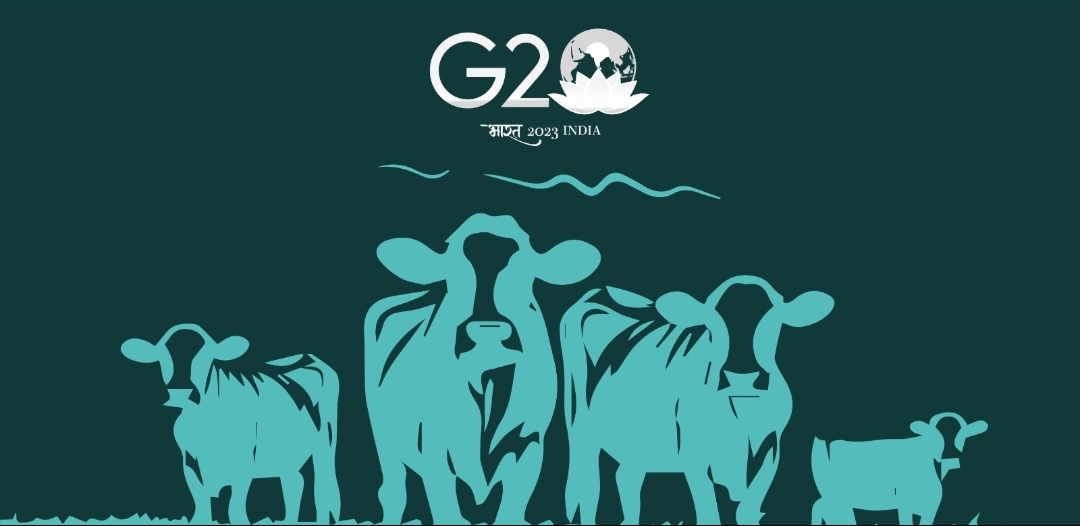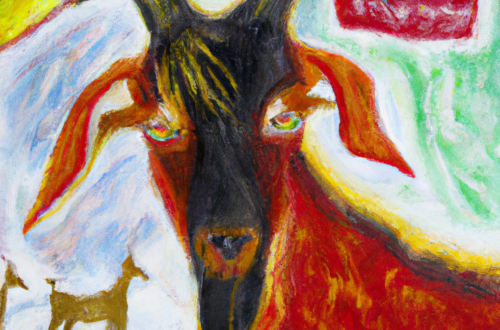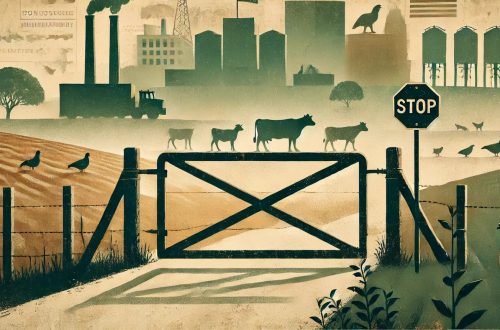
The G20 Declaration: A Missed Opportunity on Animal Farming Issues
In the wake of the latest G20 summit, countries and leaders from around the world have come together to address some of the most pressing global challenges. From economic growth and sustainability to international trade and infrastructure, the G20 declaration has attempted to provide a roadmap for our shared future. However, there’s a glaring oversight in the agenda: the nuances and complexities of animal farming, an industry that intersects with several of the Sustainable Development Goals (SDGs).
When you consider that animal farming plays an instrumental role in our global food systems, economies, and even our ecological footprints, its absence in the G20 declaration is more than just a simple omission. It signifies a significant gap in international understanding and approach.
1. Environmental and Public Health Concerns:
Animal farming, especially industrial livestock production, is a major contributor to greenhouse gas emissions. Moreover, the overuse of antibiotics in this sector risks the growth of antibiotic-resistant pathogens, which poses a severe threat to global health. Yet, the declaration bypasses these pressing issues, only giving a nod to climate change and health system strengthening without delving into the specific challenges posed by animal farming.
2. Economic Resilience and Sustainability:
The pandemic has made it abundantly clear that our global food systems are vulnerable. Factory farming and its associated supply chains have been identified as potential hotspots for zoonotic disease transmission. Focusing on sustainable agricultural practices isn’t just an environmental imperative; it’s an economic one.
3. Gender Equality and Marginalisation:
Women play a significant role in animal farming, especially in developing nations. They’re often at the frontline, yet their concerns, challenges, and rights in the agriculture sector remain on the periphery. Addressing gender disparities and ensuring the welfare of marginalized workers is essential for an inclusive global agricultural landscape.
4. Transparent Supply Chains:
The G20 declaration could have emphasised the importance of transparency in animal farming. Consumers worldwide are increasingly conscious about the origin of their food, ethical farming practices, and animal welfare. Not addressing the need for transparent supply chains in this industry is a missed opportunity to promote responsible consumption.
5. Conflicts and Vulnerabilities:
Land use conflicts, resource allocation, and the vulnerabilities of workers within the animal agriculture sector are stark realities. These issues often intersect with poverty, hunger, and regional strife, making it even more essential for international forums like the G20 to address them.
So, what can be done?
First, we must recognise and amplify the concerns related to animal farming. Stakeholders, from farmers to NGOs and from governments to international bodies, need to collaboratively focus on sustainable farming practices.
Second, there is an urgent need to infuse technology into the sector. From farm management software to transparency tools for consumers, technology can drive both efficiency and accountability.
Lastly, as consumers, our choices matter. We need to be more discerning about our consumption patterns, and our demand can drive more responsible production.
It’s worth noting that the omission has not gone unnoticed. Samayu, in collaboration with its partner organisations, has penned an open letter to the ministry, urging for immediate action to rectify these oversights. We cannot claim to be working for a global good while sidelining a sector so fundamental to our everyday lives.
The G20 declaration, though comprehensive in many aspects, missed a golden opportunity to address the multifaceted challenges and opportunities associated with animal farming. It’s a stark reminder that while global forums are essential for setting agendas, the specifics, nuances, and grassroots issues need equal, if not more, attention.





